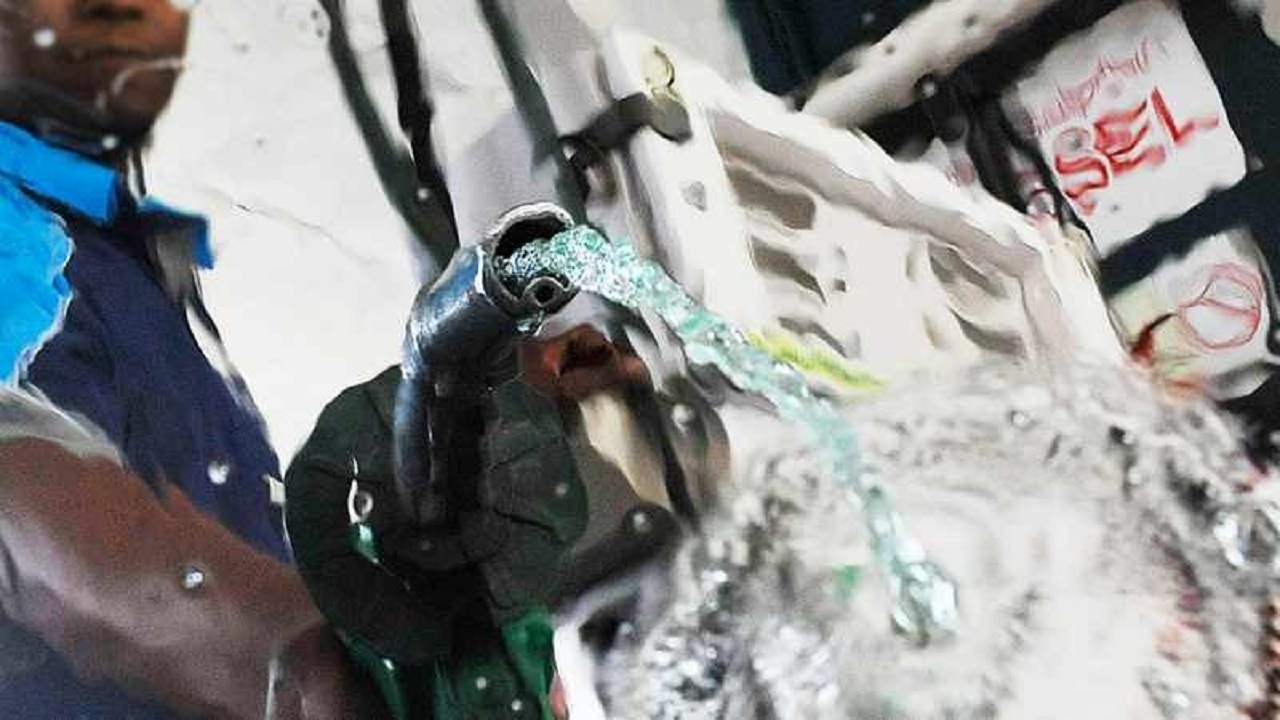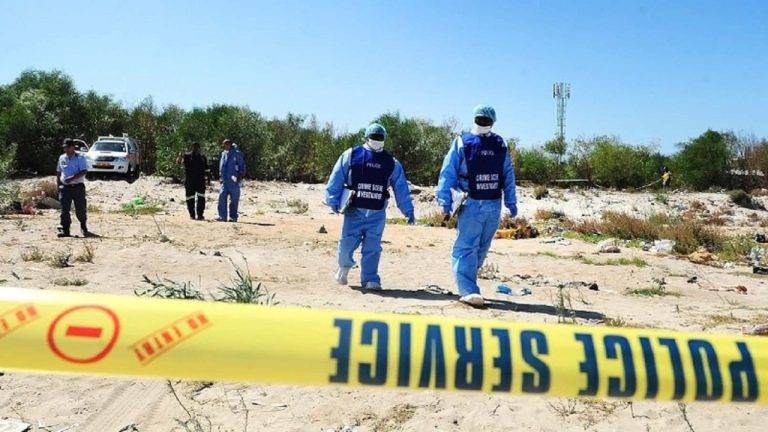South African News You Can Trust
South Africans are feeling the pinch after a year of frequent fuel price increases and, sadly, there is no reprieve in sight.
The latest data released by the Central Energy Fund on April 12 implies a significant petrol price is looking likely for May.
The current month-average data points to increases of 70 cents for 95 Unleaded petrol and 77 cents for 93 Unleaded, but with the latest daily numbers showing an under-recovery of between R1.13 and R1.21, it’s possible motorists could face an increase of more than R1 per litre if current trends persist.
On the diesel front it’s a bit harder to call, but it appears a small decrease may be on the cards. Current data is pointing to a reduction of around 30 cents for 50ppm, however the latest daily data shows a small under-recovery, which could lead to a smaller decrease by the end of the month.
A litre of 95 Unleaded petrol currently costs R22.32 at the coast and R22.97 inland, where the cheaper 93 octane costs R22.64. An increase of R1 would push the price of 95 ULP up to around R24 in Gauteng, effectively sending it back to where it was in June last year, before petrol rose to a record high of R26.74 in July 2022.
Historically speaking, petrol prices are still extremely high, considering that a litre of 95 petrol inland has risen by over R5.50 in just two years, and R9 in three years.
The South African fuel price equation is currently under pressure from both a weak rand and surging international oil prices, according to Business Report. This comes after Saudi Arabia and other OPEC+ countries announced surprise oil production cuts at the beginning of the month. On 12 April Brent Crude oil was trading at $85.60. A month ago it was trading around the $77 mark.
Fatih Biral, executive director of the International Energy Agency, said the recent OPEC+ production cuts were a risk to the global economy, ANI reported.
Phil Flynn, a senior analyst at the PRICE Futures Group said he expects oil to trade in the high $80s in the coming weeks due to the aforementioned production cut and rising geopolitical tensions.
While South Africa’s treasury elected not to increase the General Fuel Levy and Road Accident Fund Levy this year, motorists still pay a significant tax penalty of up to R6.11 per litre every time they fill up.




